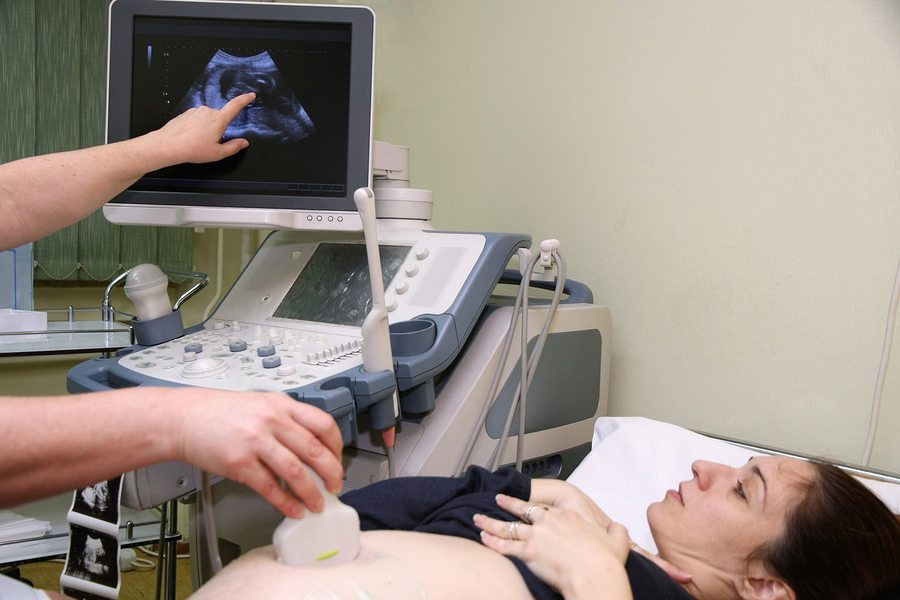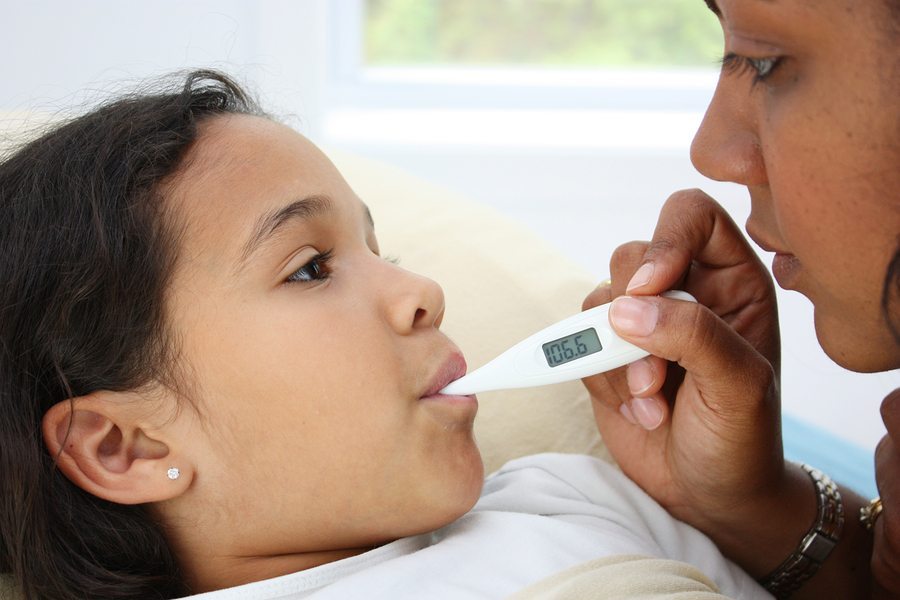Zofran (Ondansetron)
Zofran is a drug developed by GlaxoSmithKline to treat nausea in cancer and surgical patients. Women have also taken it for morning sickness. Evidence shows that Zofran may cause some pregnant women to have children born with birth defects.
What is Zofran?
Zofran (ondansetron) is a medication that relieves nausea and vomiting. Evidence suggests the drug can cause birth defects in newborn children whose mothers took it during pregnancy. Many people have pursued litigation for this reason.
GlaxoSmithKline (GSK) developed Zofran to treat nausea caused by chemotherapy, radiation therapy and surgery. The Food and Drug Administration (FDA) approved Zofran for this purpose in 1991.
Zofran comes in tablet and liquid form. Doctors may also give injections of Zofran for patients with severe nausea. Due to Zofran’s success, the manufacturers were quick to consider other possibilities for the drug. GSK started suggesting Zofran for morning sickness, despite the fact that it was not tested for safety in pregnant women and the FDA never approved it for this purpose.
How does Zofran work?
Zofran falls into a class of medications known as serotonin 5-HT3 receptor antagonists. Serotonin is a naturally occurring chemical in the body that triggers vomiting, among other things. Zofran works by interfering with serotonin in the brain to prevent nausea.
SIDE EFFECTS of ZOFRAN
 Zofran pases through the placenta, exposing unborn children to the drug. This is dangerous for fetuses because their brains and bodies are still developing. Drugs like Zofran can hinder normal development, leading to birth defects.
Zofran pases through the placenta, exposing unborn children to the drug. This is dangerous for fetuses because their brains and bodies are still developing. Drugs like Zofran can hinder normal development, leading to birth defects.
There have been animal studies of Zofran that suggest the medication is not safe during pregnancy. There are no adequate studies of Zofran in pregnant women.
Studies have linked Zofran to several types of birth defects in children whose mothers took the drug. Zofran could potentially cause birth defects such as:
- Mental disabilities
- Vision impairment
- Physical deformities
- Hearing loss
- Heart defects
- Abnormal blood pressure
- Stomach problems
- Cleft palate
- Clubfoot
- Webbed toes
- Skull deformities
The majority of these birth defects are irreversible. There are also financial and emotional burdens that come with raising a disabled child.
Pregnant women had virtually no way of knowing the risks of taking Zofran. Considering that GSK advertised Zofran for morning sickness and doctors prescribed it, it was natural to assume the drug was safe. Additionally, the drug’s effectiveness in treating nausea in cancer patients overshadowed the potential dangers of Zofran.
Common Side Effects
- Diarrhea
- Headache
- Fever
- Lightheadedness
- Drowsiness
Serious Side Effects
- Blurred vision or temporary vision loss
- Feeling short of breath, fainting, fast heartbeat
- Slow heart rate, trouble breathing
- Feeling like you might pass out
- Urinating less than usual or not at all
Who is at Risk?
 Zofran is sometimes used in children with gastroenteritis or the stomach flu. In fact, one study showed that a child with gastroenteritis was less likely to need an IV and spent less time in the ER if they were given the drug. However, as with all prescription drugs, Zofran may cause some negative side effects in children including:
Zofran is sometimes used in children with gastroenteritis or the stomach flu. In fact, one study showed that a child with gastroenteritis was less likely to need an IV and spent less time in the ER if they were given the drug. However, as with all prescription drugs, Zofran may cause some negative side effects in children including:
- Constipation
- Diarrhea
- Dizziness
- Tingling of fingers or toes
- Dry mouth
- Upset stomach
- Feeling cold or having shivers
Evidence of Zofran Complications
 Early studies of pregnant women taking Zofran weren’t reliable. Researchers noted that the sample sizes in these studies were too small to make an accurate conclusion about the risks of Zofran.
Early studies of pregnant women taking Zofran weren’t reliable. Researchers noted that the sample sizes in these studies were too small to make an accurate conclusion about the risks of Zofran.
In a 2013 article for Ob. Gyn. News, Dr. Gideon Koren said there is “troubling evidence suggesting that [Zofran] may be associated with increased risks during pregnancy.”
In his article he points to two studies that illustrated the potential risks of Zofran to unborn children. The first study, he wrote, shows a 30 percent increase in the chances of a child being born with a birth defect caused by Zofran. Dr. Koren said another study found a two-fold risk of children developing a cleft palate if the mother is on Zofran.
Zofran and the FDA
For years there was virtually no FDA-approved medication for morning sickness. This led to an increase of prescriptions for drugs like Zofran.
In 2013, the FDA approved Diclegis for morning sickness. Despite this approval, pregnant women continued receiving prescriptions for Zofran because the manufacturer paid doctors bonuses to prescribe the drug. “Now that a safe and effective drug is available in the United States, there is no reason for women to be exposed to a drug of unproven maternal and fetal safety,” Dr. Koren said in a American Journal of Obstetrics and Gynecology report.
Drug Reactions with Zofran
People taking Zofran should inform their doctors of any other medications they are taking. Mixing Zofran with certain medications can increase the risk of dangerous side effects. Before taking Zofran, patients should make sure their doctors know of any drugs or supplements they are taking.
Zofran can also lead to complications in people with liver or heart conditions, electrolyte imbalances, or bowel blockage.
Research indicates that some drugs can cause reactions with Zofran. Some of the things to avoid while taking Zofran include opiate pain relievers, antipsychotics and tobacco.
Get Information on Zofran Resources
Some people who suffered severe side effects from Zofran are getting financial help to pay for treatments. If you or someone you love has been hurt by Zofran, you may be able to get help.
Last Edited: December 21, 2016